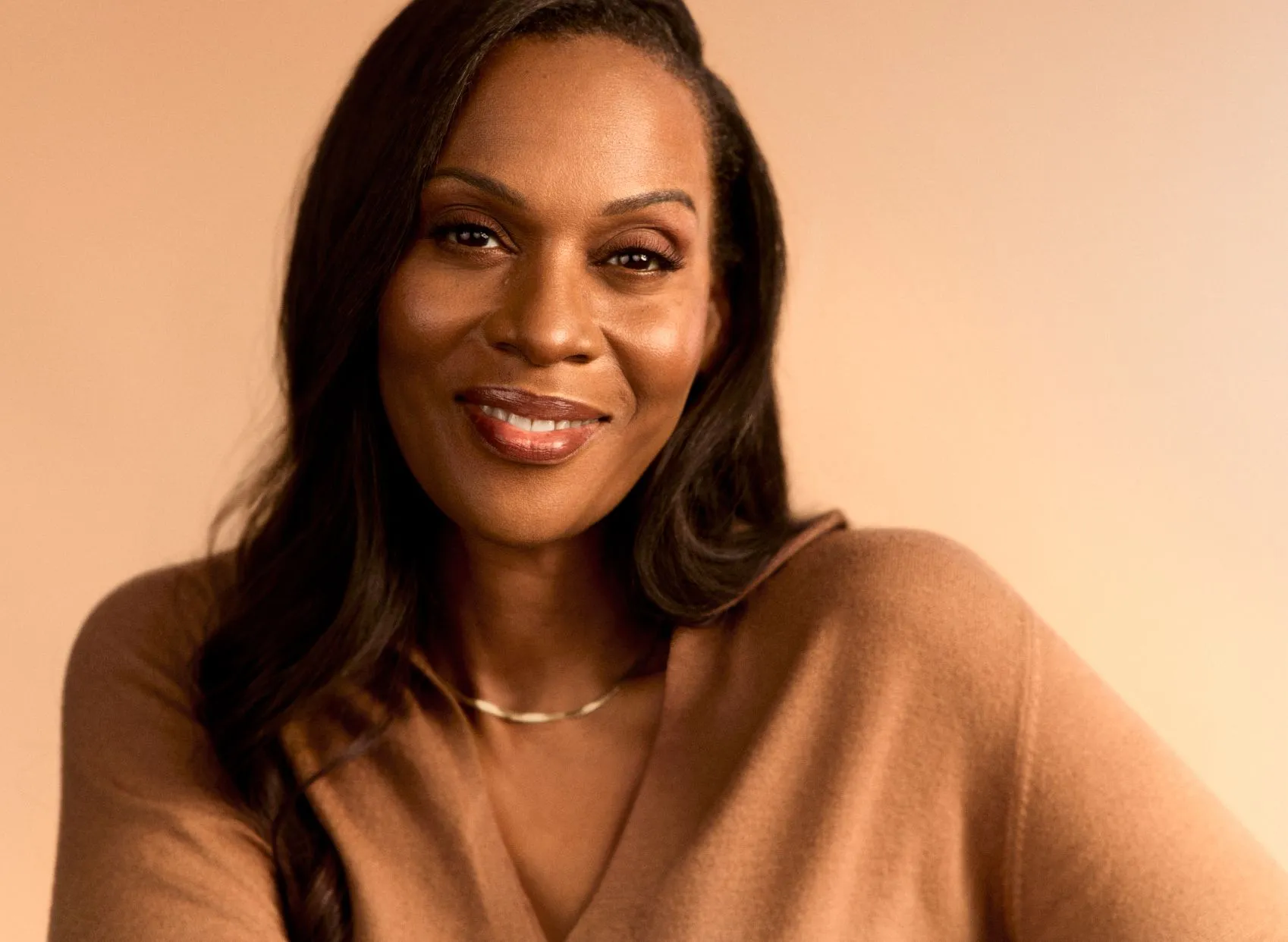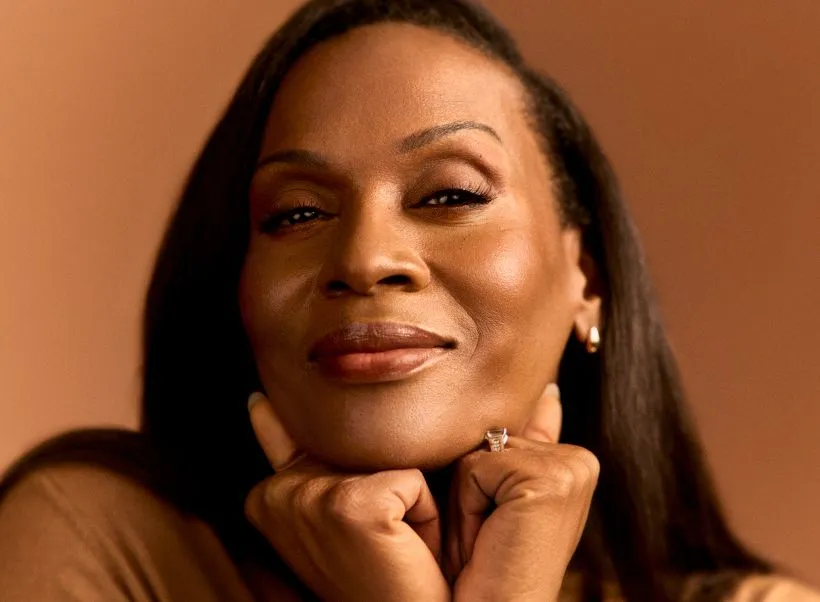

Marilyn
As a shy, quiet kid, Marilyn grew up believing that her voice didn’t matter much. Through struggles, hardship, and physical pain, she learned to develop a voice all her own.
A gut instinct
As a young adult, Marilyn went to college, fell in love, and got married. Her spouse was in the military, so they moved frequently. Marilyn tried to stay in school, but, eventually, motherhood took priority. Unfortunately, her marriage ended after the birth of her second child.
Following her divorce, Marilyn was raising her two children on her own and trying to manage through stressful times when she began experiencing sharp stomach pain. Marilyn’s doctor diagnosed her with uterine fibroids and referred her to a gynecologist for outpatient surgery. But after the surgery, the pain remained.
Marilyn’s inner voice told her something wasn’t right, but she learned to push through the recurring pain. Eventually, Marilyn found herself in the hospital again—confused, scared, and wondering what would happen to her and her kids. It was then she learned she had Crohn’s disease.

If I could go back and talk to that little girl that I used to be, I would tell her that her voice matters.

Finding her voice
Fortunately, Marilyn’s healthcare team talked her through it all, explaining what was happening and encouraging her to ask questions. Surgeons removed Marilyn’s appendix and gallbladder, along with large sections of her intestines.
After surgery and close management, Marilyn enjoyed 10 pain-free years. But her symptoms returned and she was on the same journey again, in pain, while trying to find a new gastroenterologist who might be able to help.
This time, however, having spent years advocating and fighting racial discrimination at her college and in her community, she knew how important her voice was and how strong it could be. Today, Marilyn’s journey continues: full of confidence, empowered to express her needs and be part of the decision-making process with her healthcare team, with her voice at the center of it all.

I learned that my voice has to be part of the process because no one can feel what is happening inside my body but me.
Featured
resource

IBD Glossary
Can you speak IBD? Understanding IBD starts with learning the terms and acronyms you may hear your care team use to talk about it. Our glossary can help break it all down for you.
Get the latest sent straight to your inbox.
Sign up
